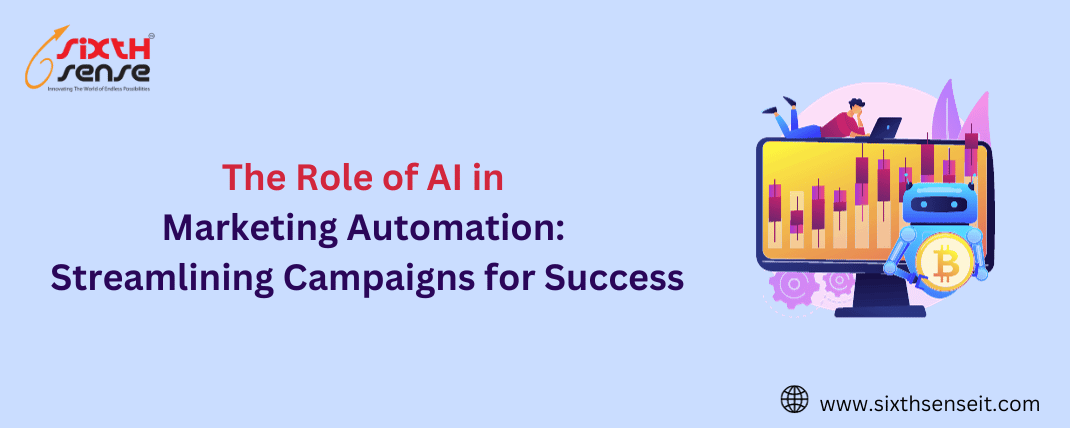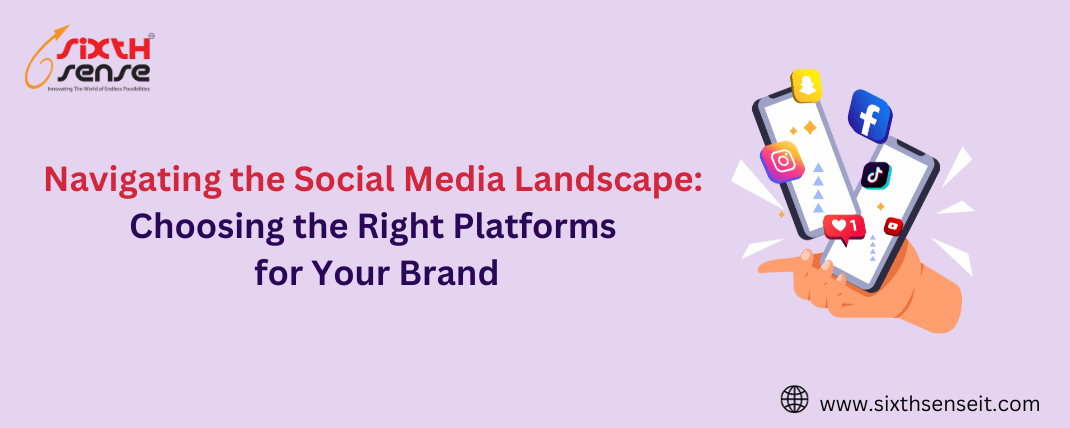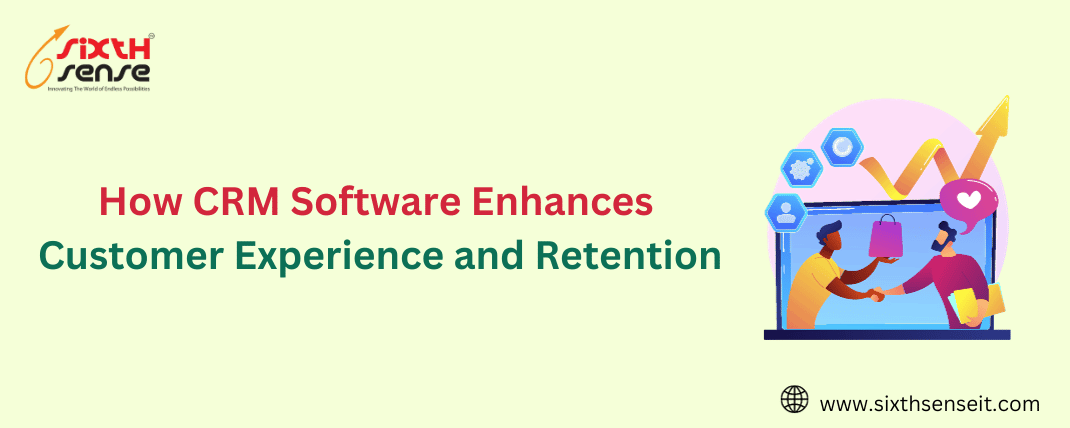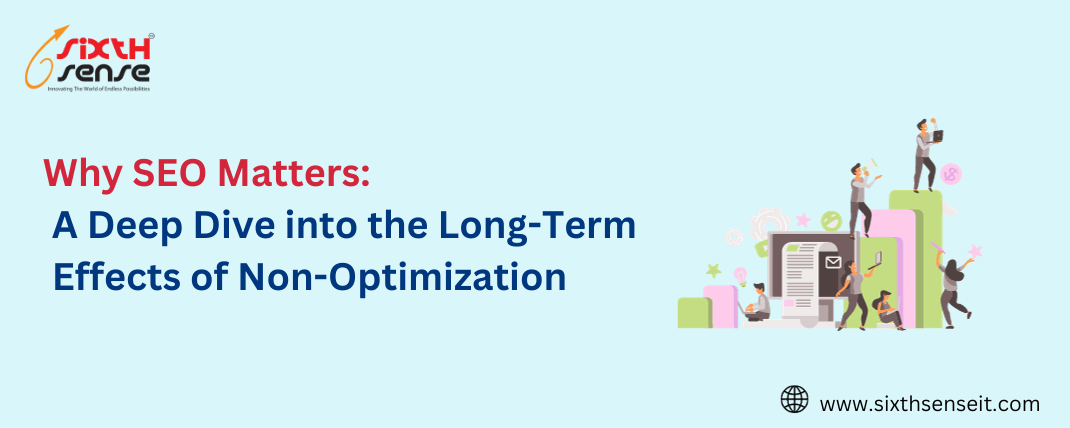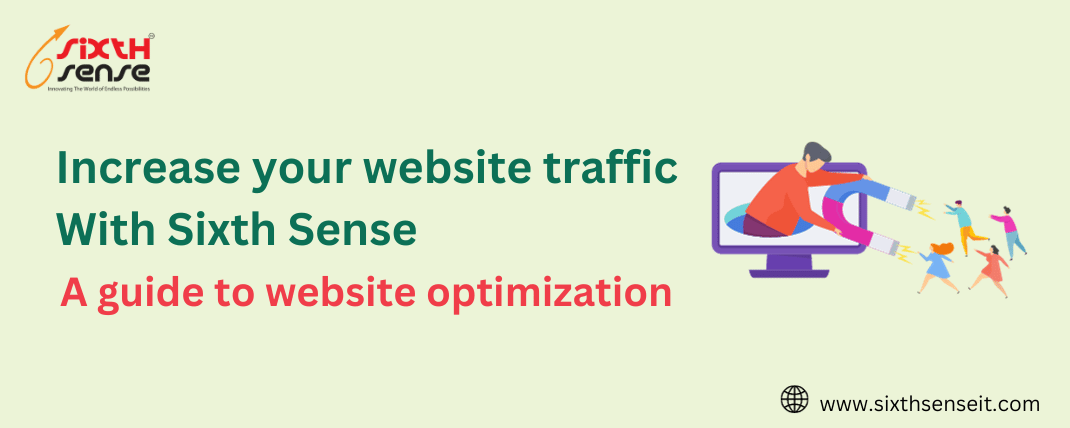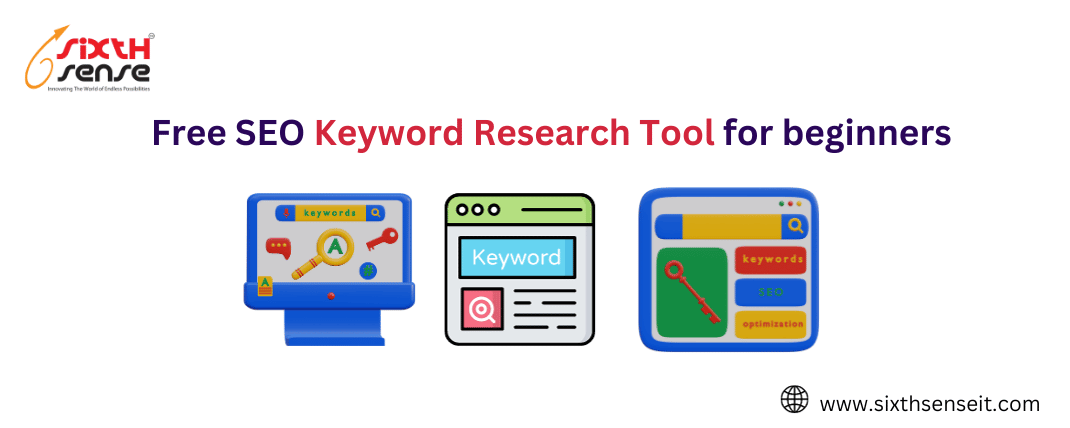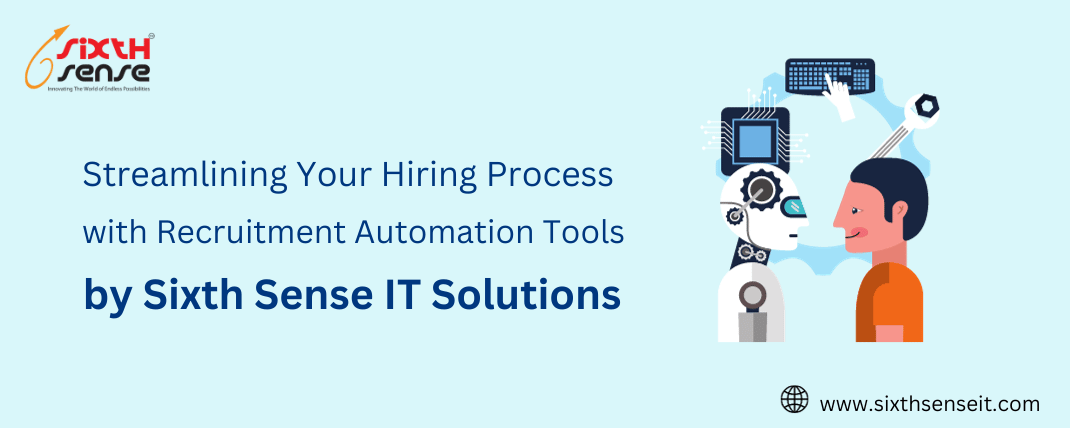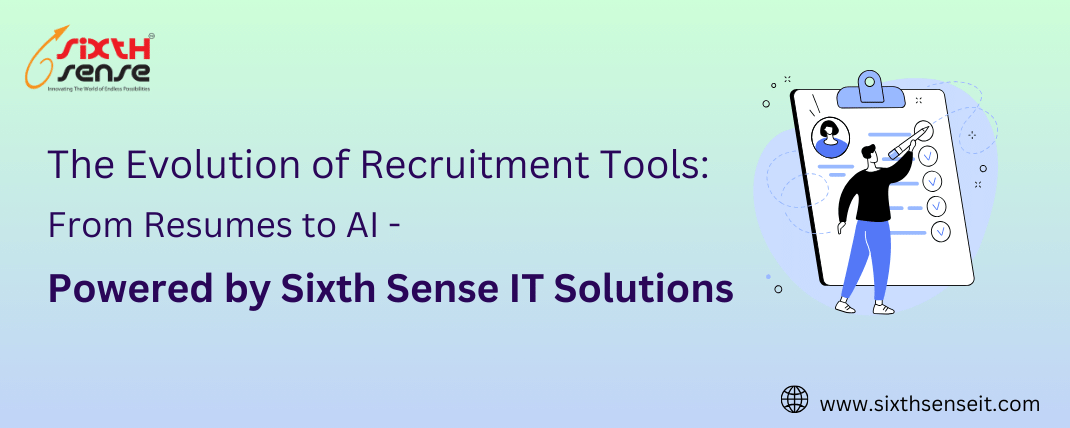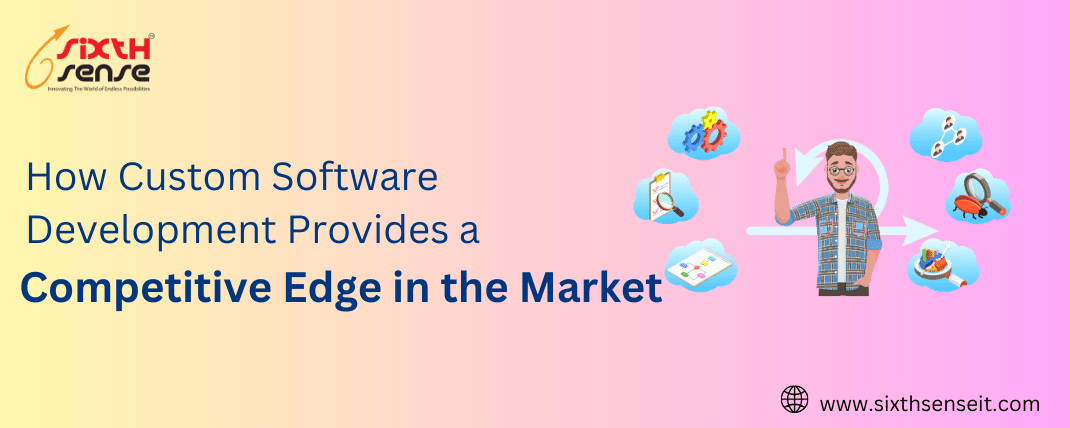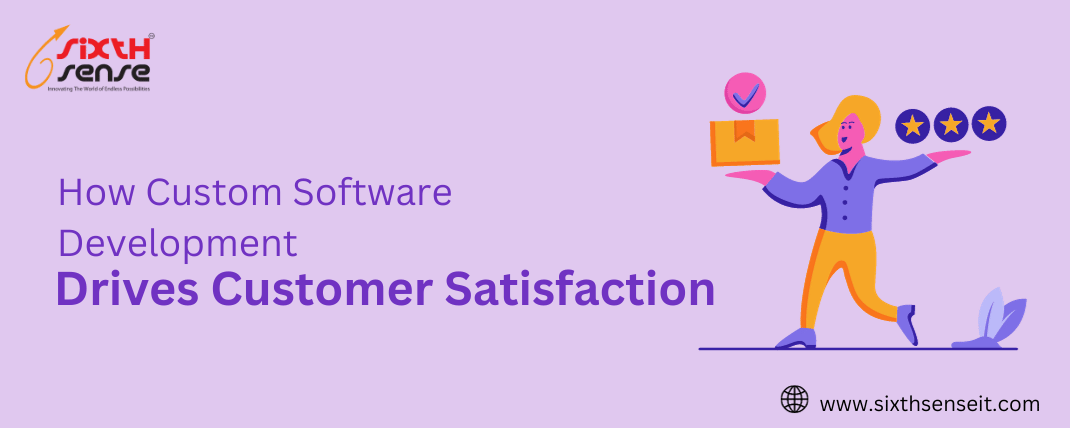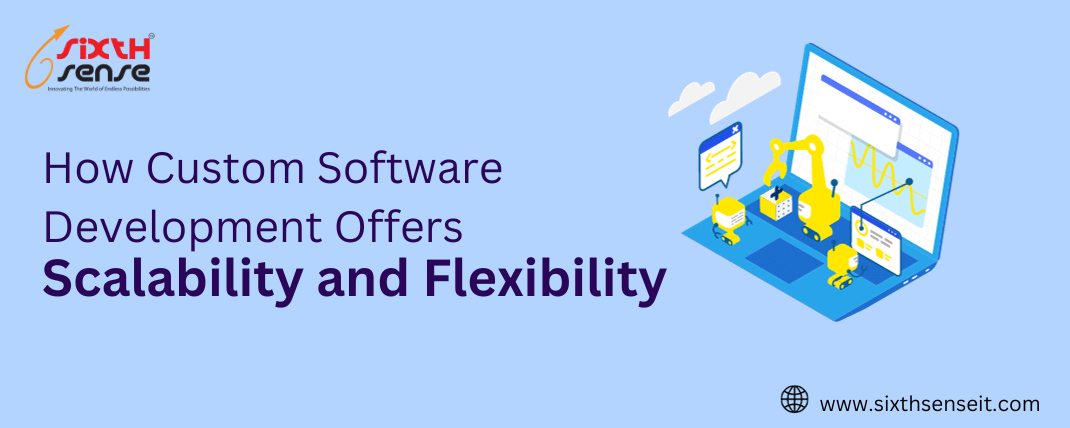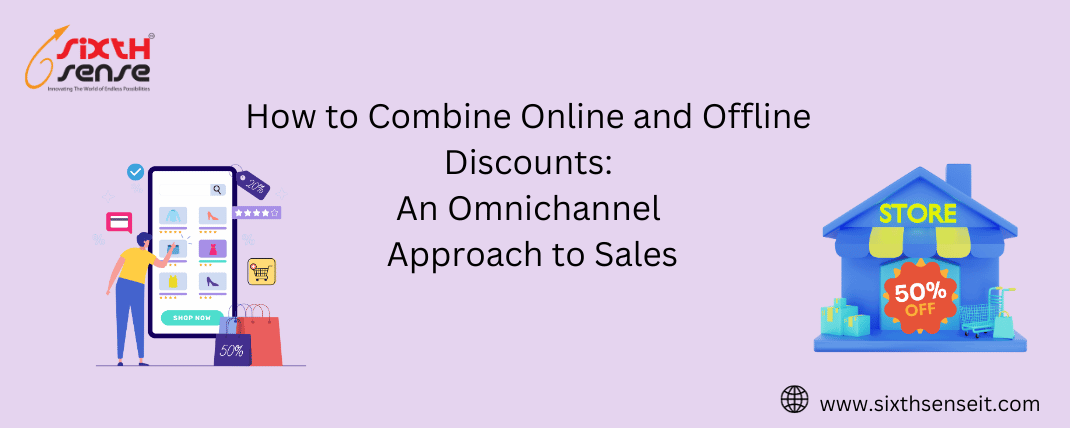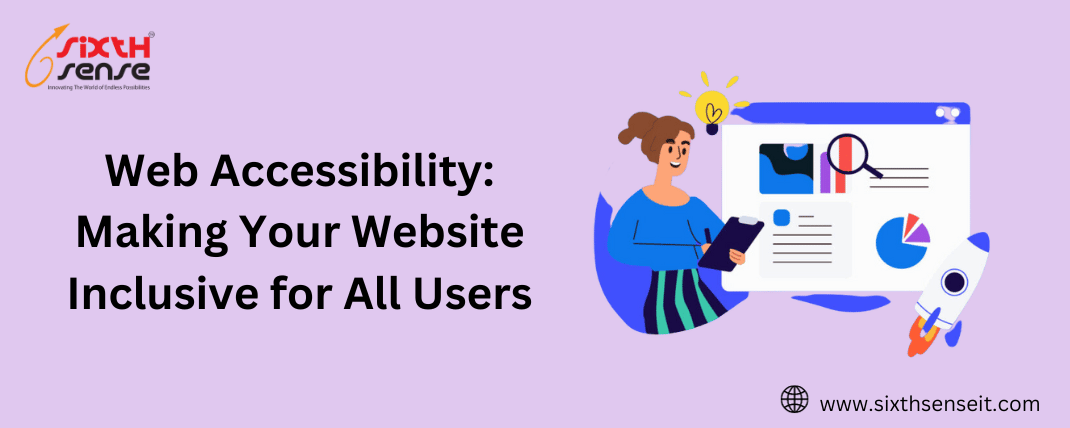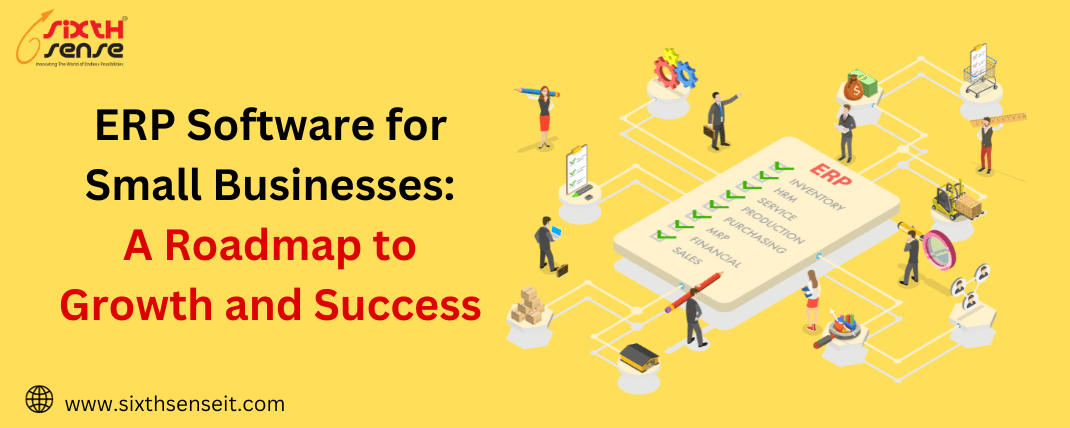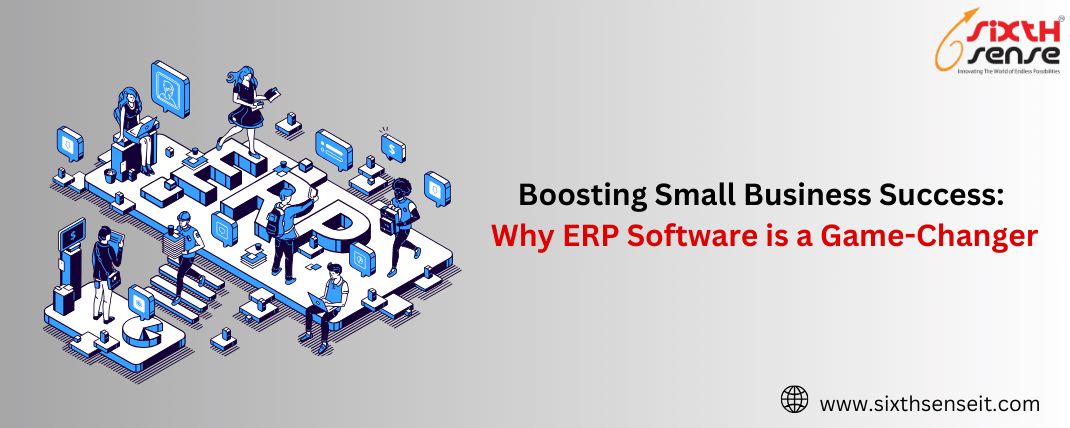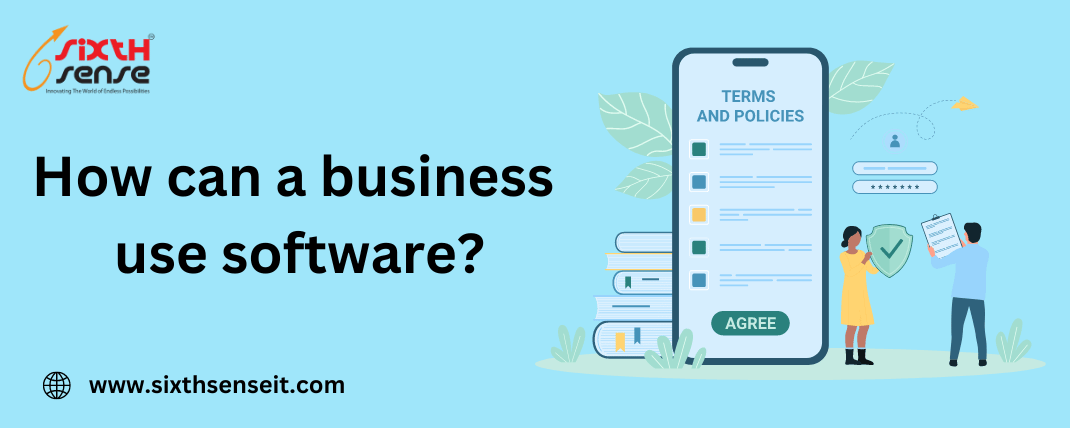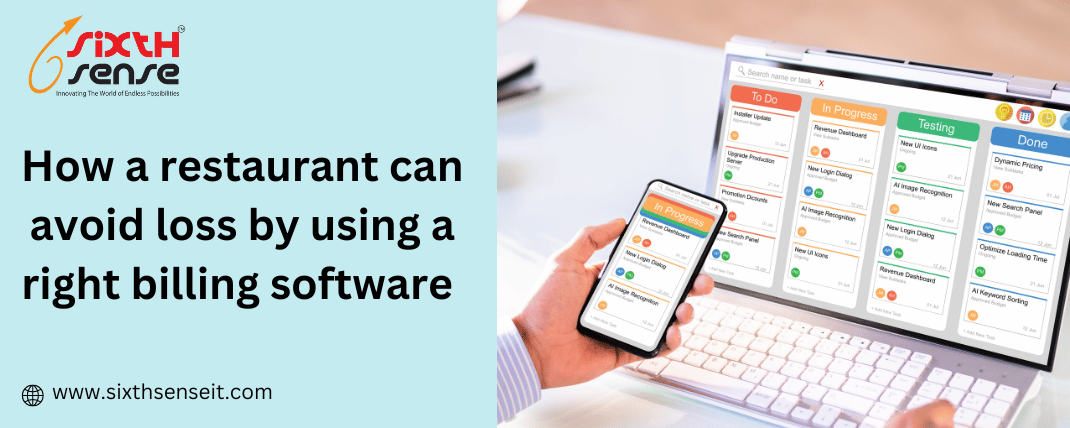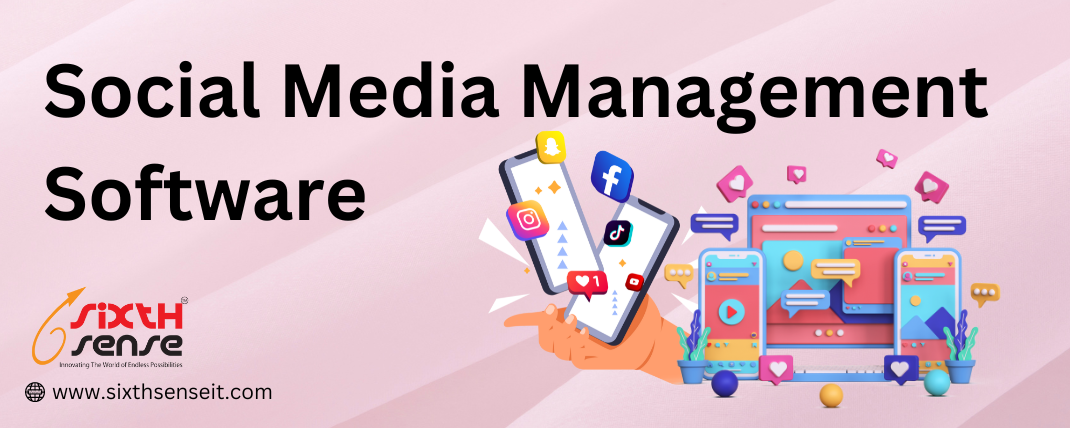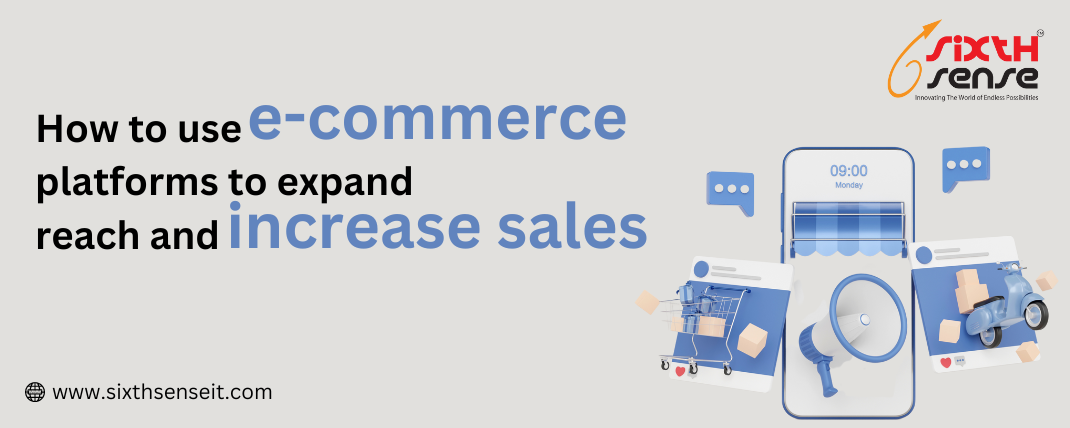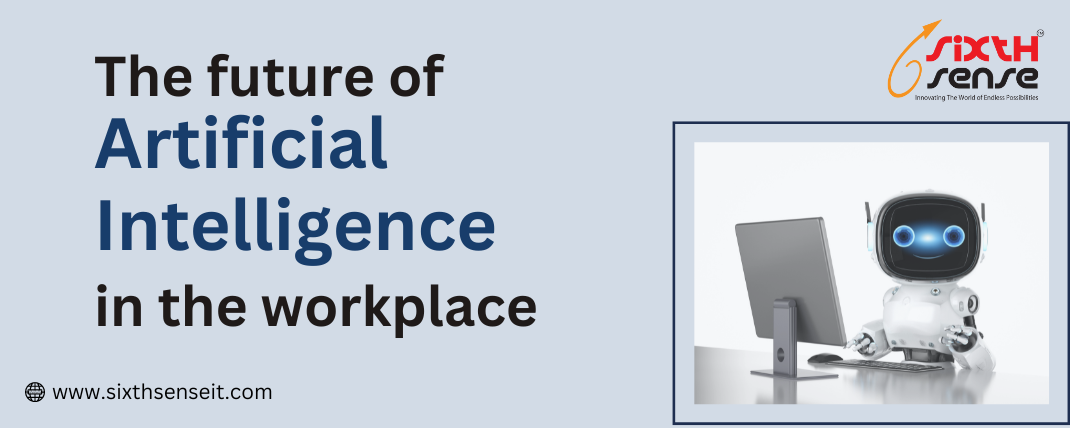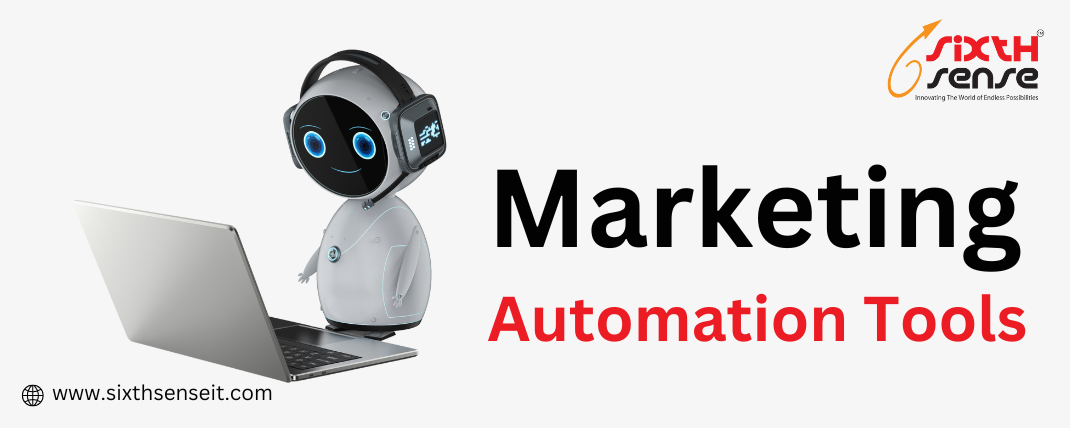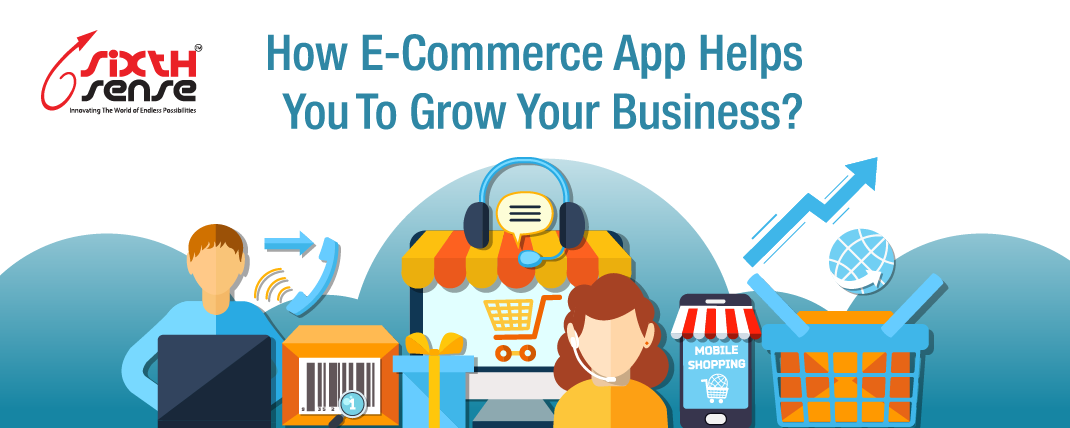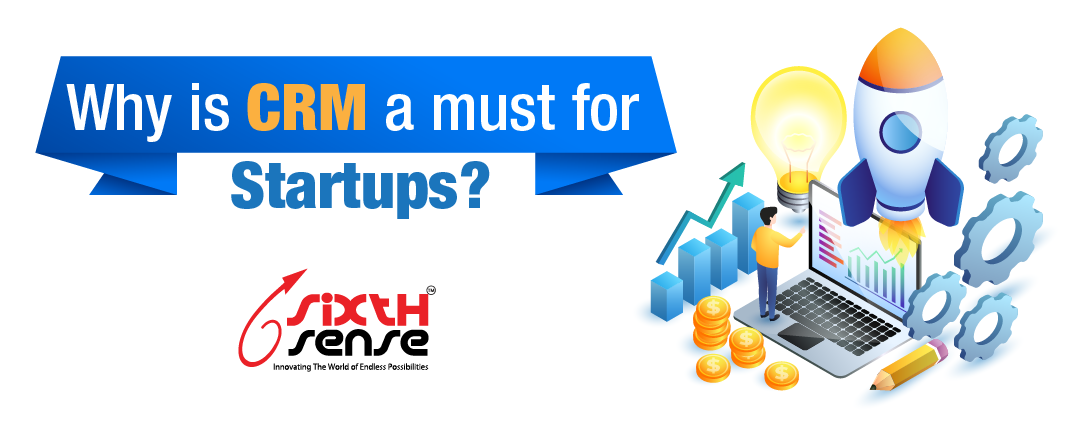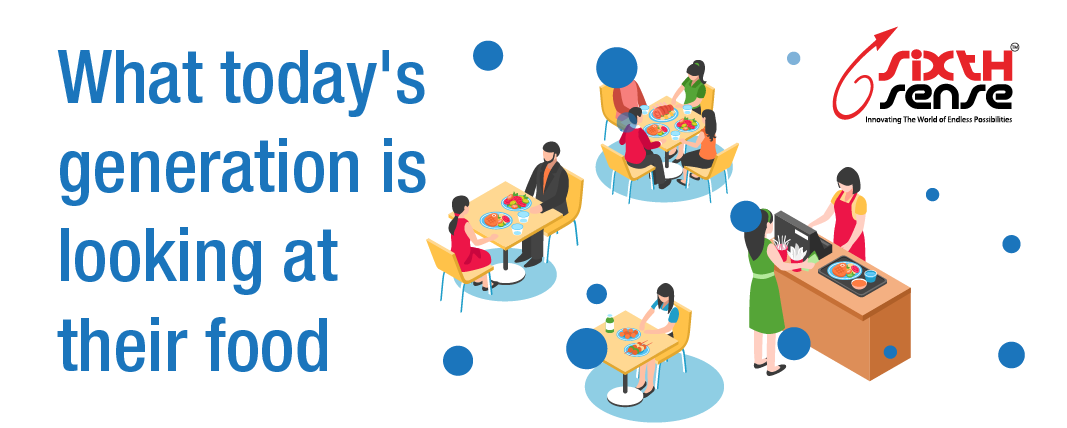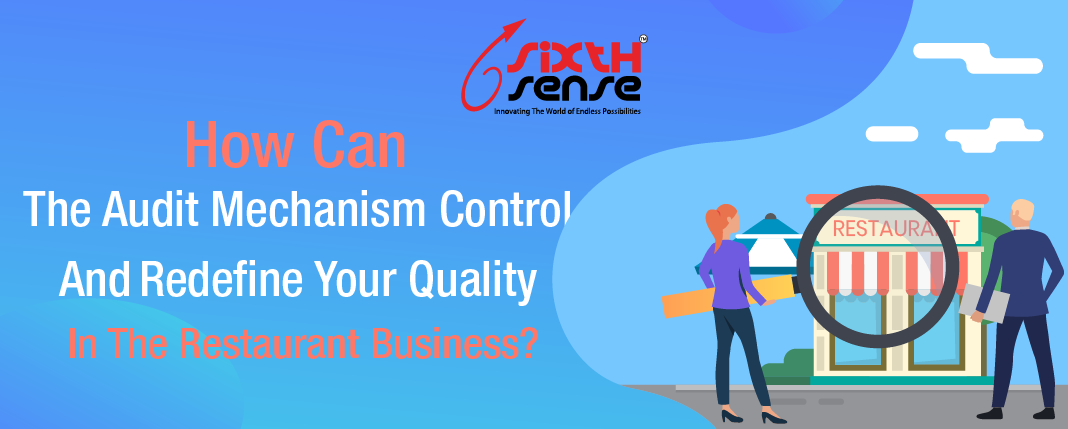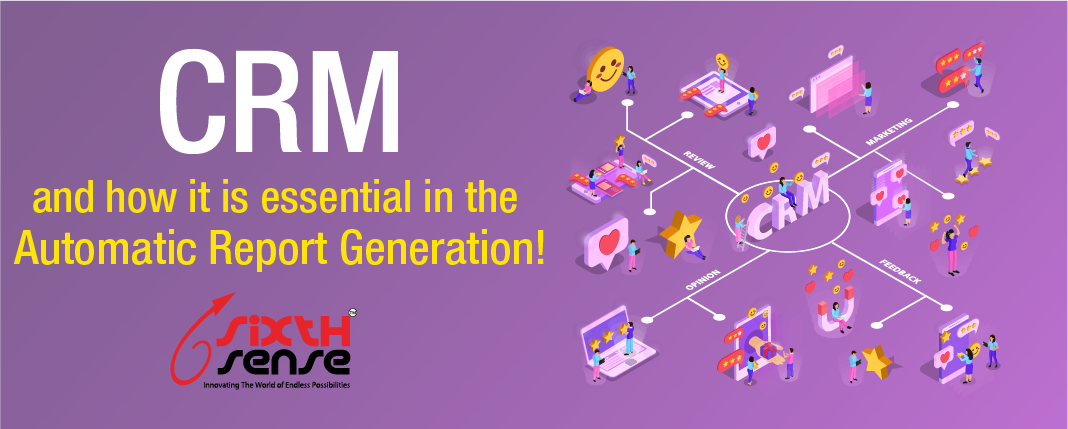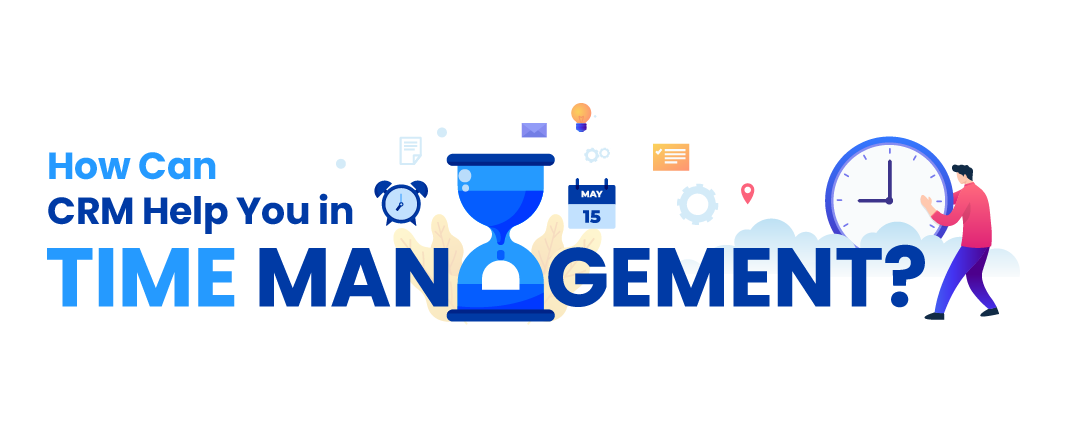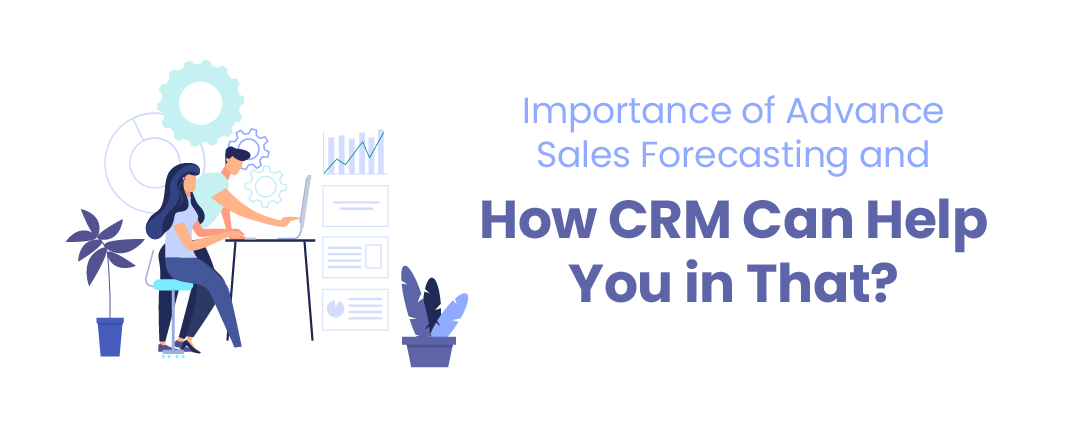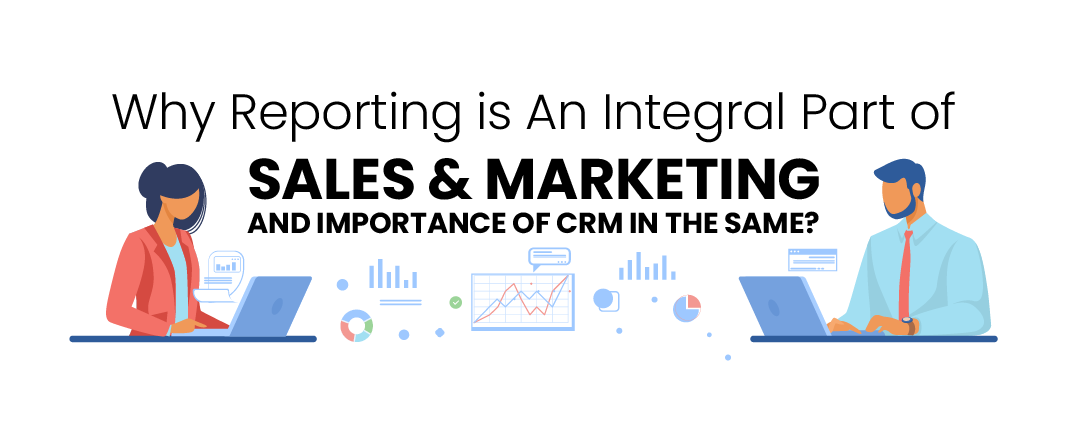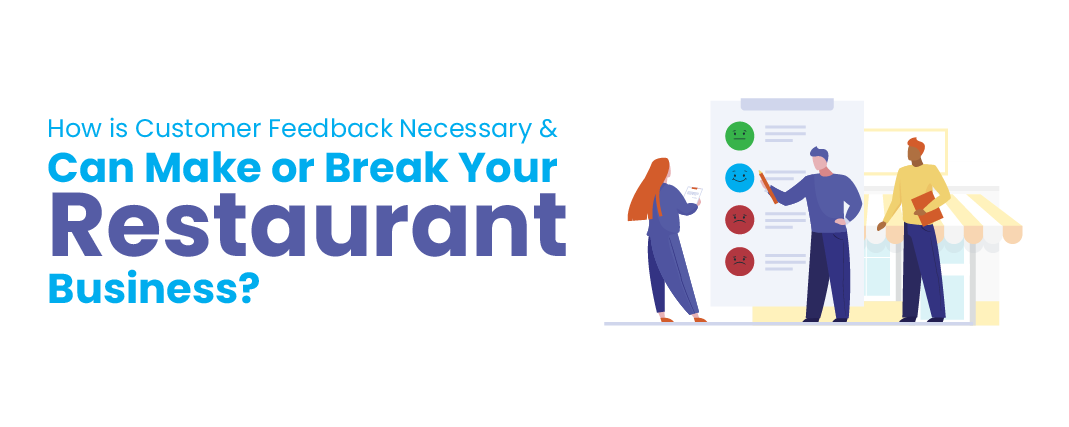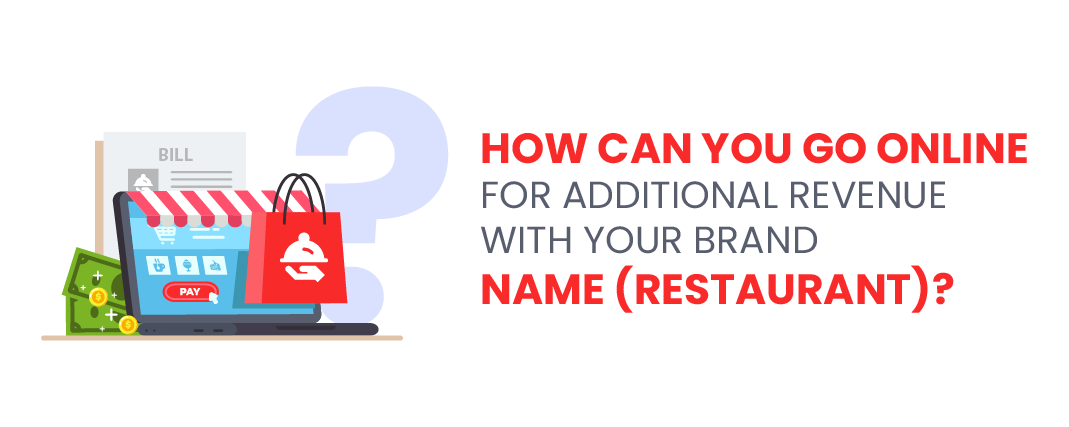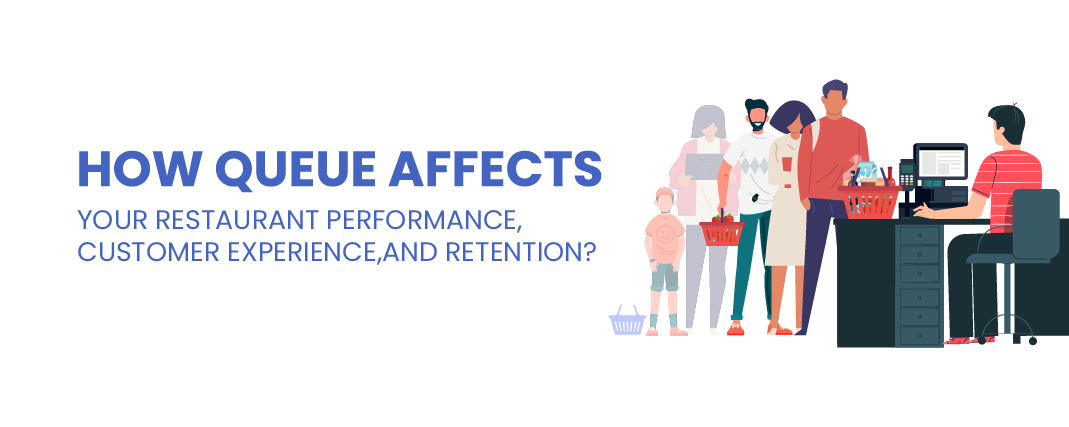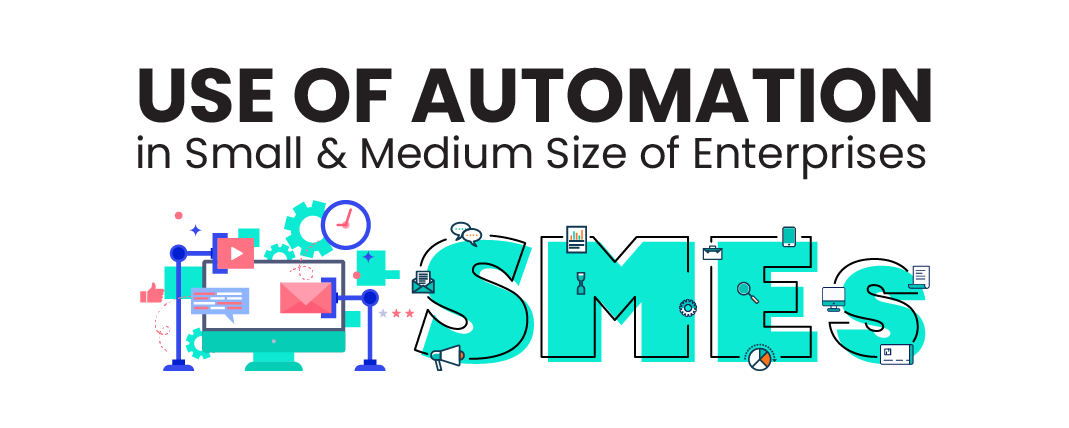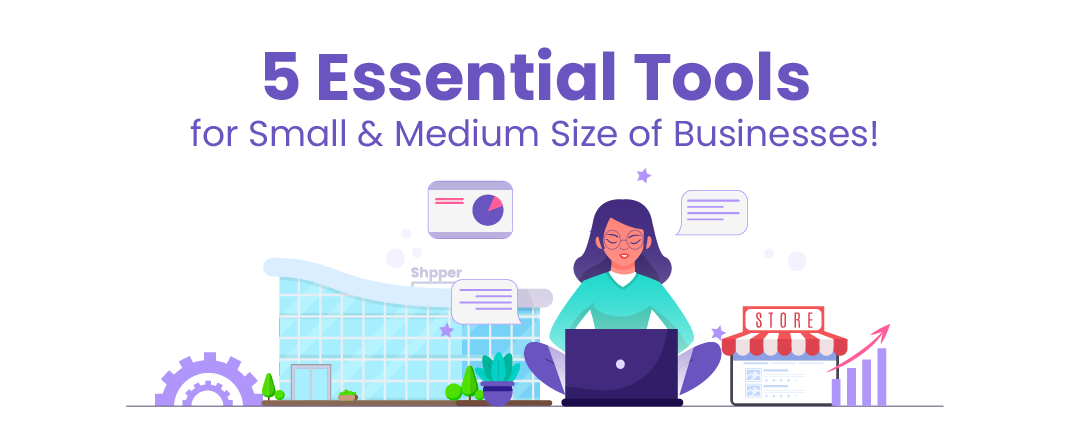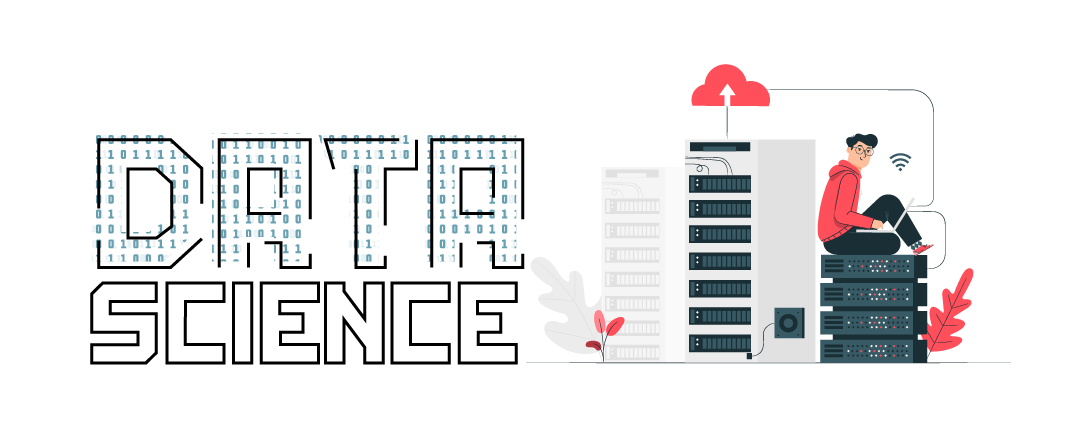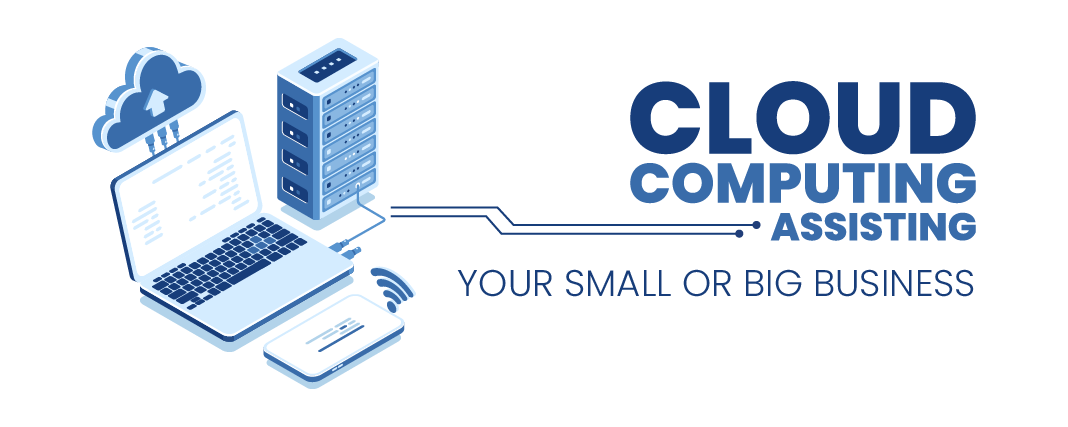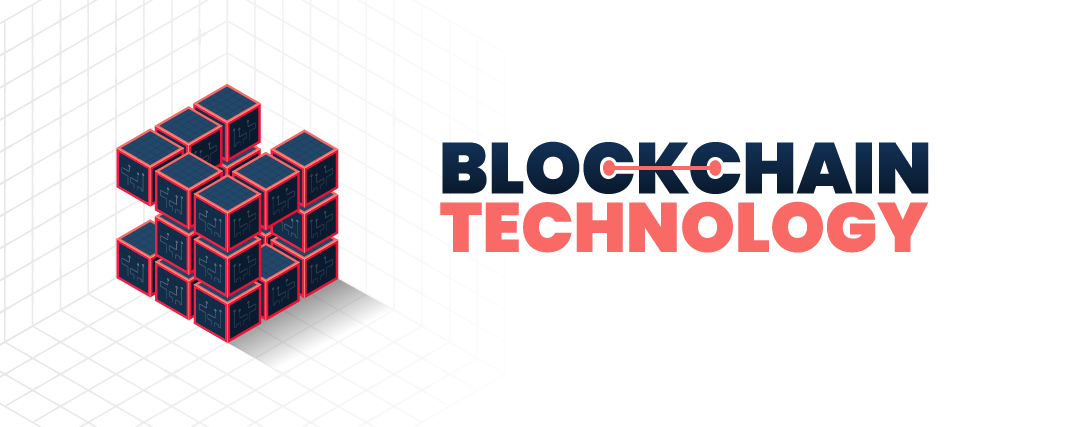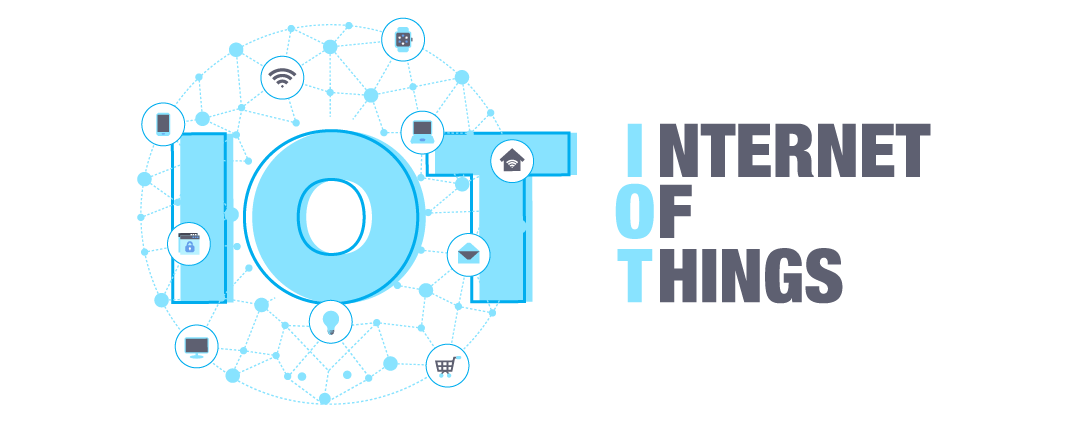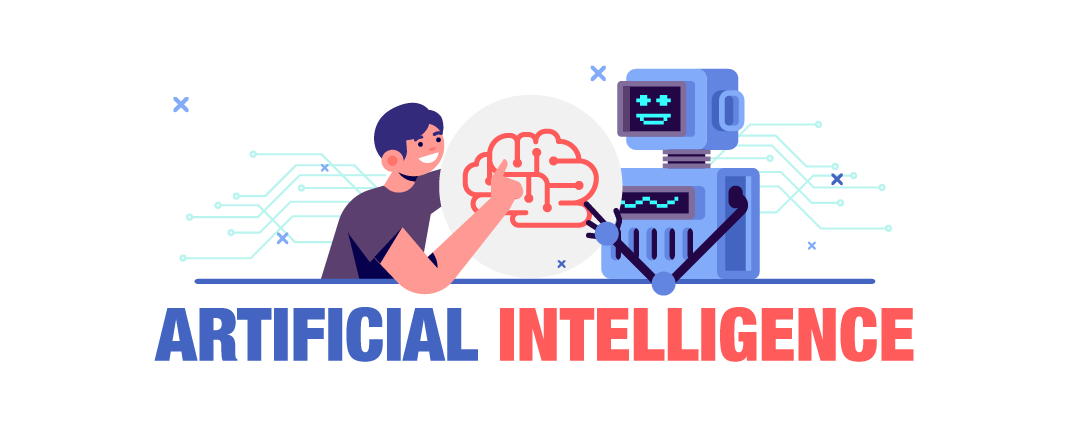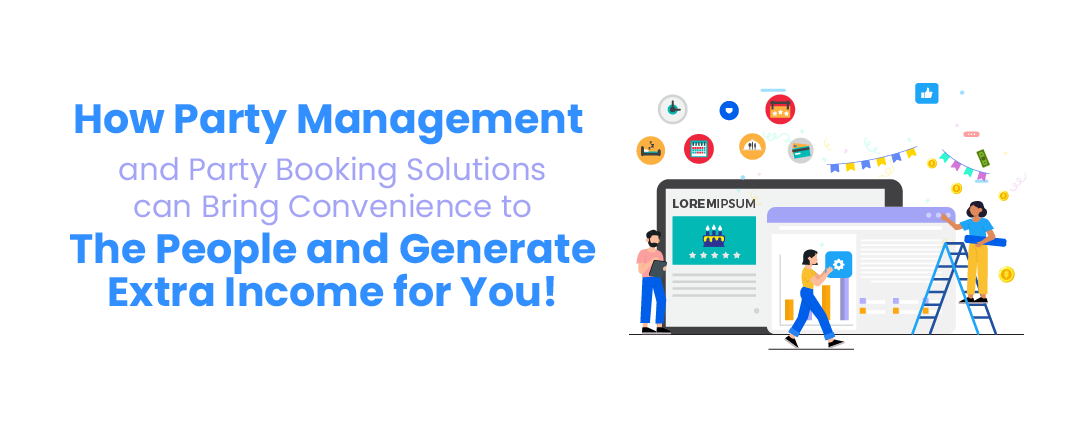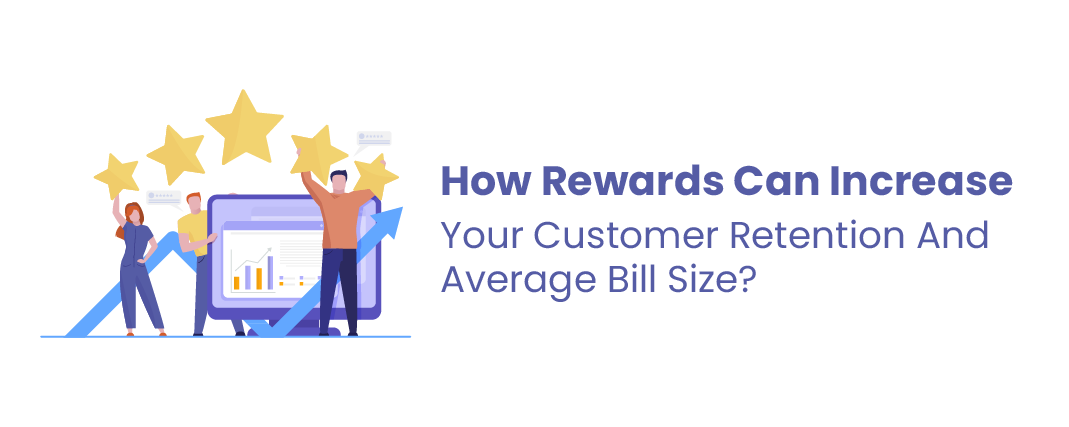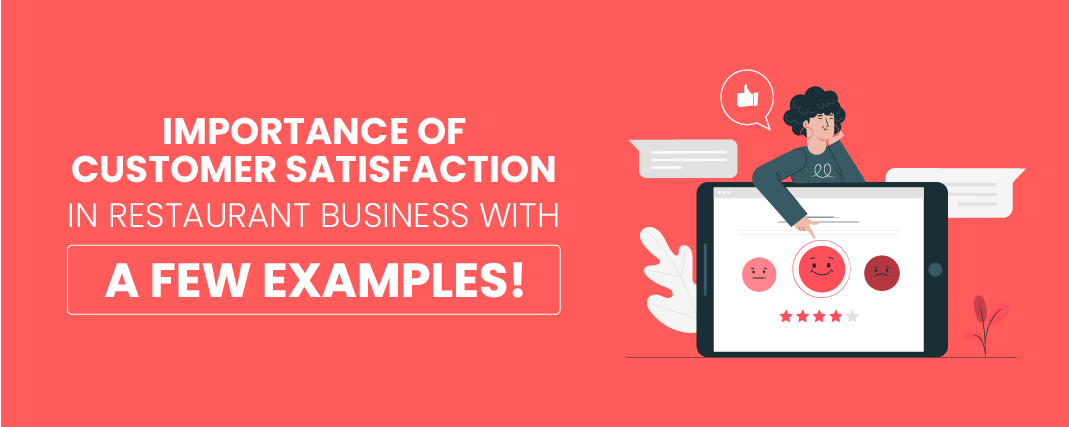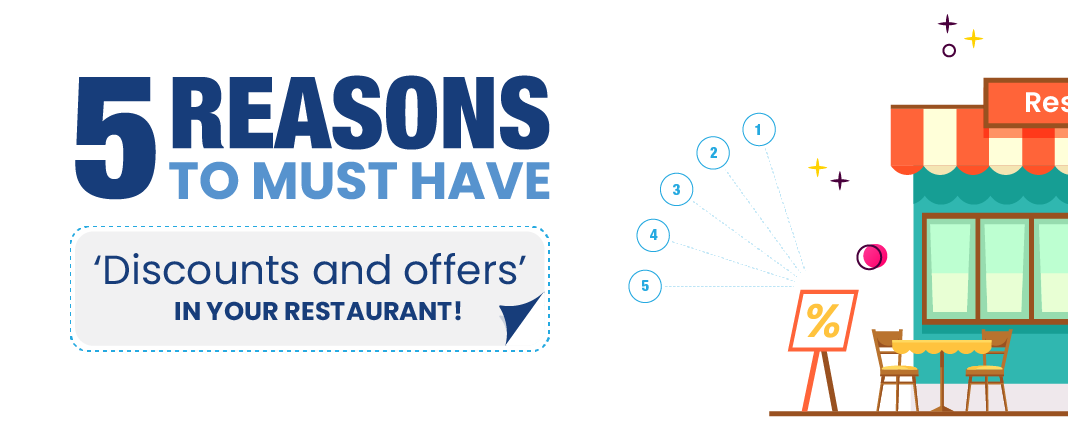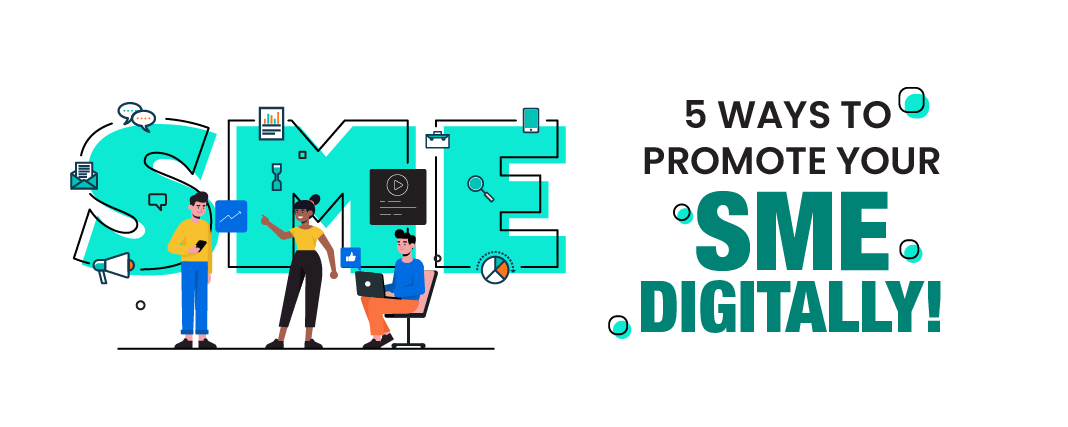
The impact of AI-powered chatbots like ChatGPT on customer service
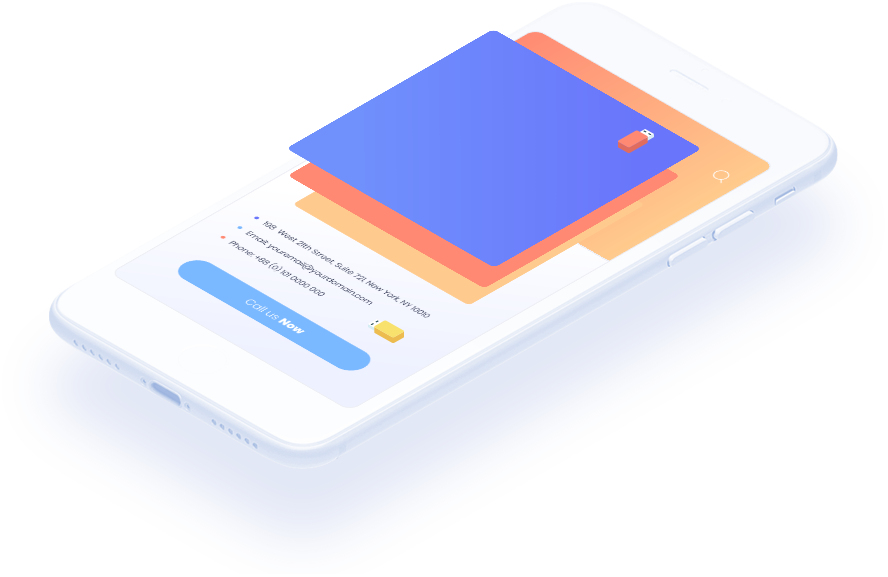
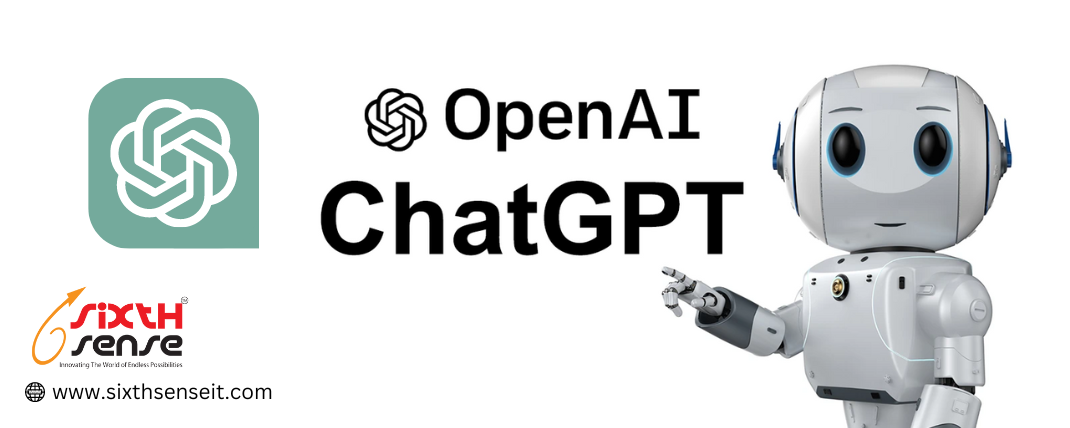
Chatbots are computer programs designed to simulate conversation with human users through text-based or voice-based interactions. They use artificial intelligence (AI) and natural language processing (NLP) to interpret and respond to user queries or requests in a way that is similar to human conversation.
Chatbots can be integrated into various platforms, such as websites, social media platforms, messaging apps, and virtual assistants. They can perform a wide range of tasks, such as providing customer service, answering frequently asked questions, scheduling appointments, and even making purchases.
There are two main types of chatbots: rule-based and AI-powered. Rule-based chatbots follow a predefined set of rules and responses, which means that they can only respond to a limited range of queries or requests. AI-powered chatbots, on the other hand, use machine learning and NLP to analyze user input and generate responses based on their understanding of the context and intent of the query. This makes them more flexible and capable of responding to a wider range of queries.
Chatbots have several advantages over traditional customer service methods. They can provide quick and efficient responses, operate 24/7, and handle multiple queries simultaneously. They can also reduce costs for businesses by automating certain tasks and freeing up human customer service representatives to handle more complex queries.
However, chatbots also have limitations. They may struggle to understand complex queries or requests, and their responses may not always be accurate or satisfactory. Additionally, some users may prefer to speak to a human representative for more personalized assistance.
In conclusion, chatbots are computer programs designed to simulate human conversation and perform various tasks. They use AI and NLP to analyze user input and generate appropriate responses. While they have several advantages, they also have limitations, and their effectiveness depends on their programming and integration into specific platforms.
ChatGPT is a state-of-the-art language model developed by OpenAI that uses deep learning to generate human-like responses to text-based prompts. GPT stands for "Generative Pre-trained Transformer," and the model is based on the transformer architecture developed by Vaswani et al. (2017). The model is pre-trained on a large corpus of text data using unsupervised learning, which means that it learns to identify patterns in the data without being explicitly told what those patterns are.
ChatGPT has been trained on an enormous amount of text data, including books, articles, and websites. This training has enabled the model to understand the nuances of language and generate responses that are contextually appropriate and grammatically correct. The model has a vast knowledge base and can generate responses on a wide range of topics, making it a valuable tool for natural language processing (NLP) applications.
ChatGPT is capable of answering questions, completing sentences, generating text based on a given prompt, and even engaging in conversations with users. The model's responses are generated in real-time, and it can provide multiple responses to a single prompt, allowing users to choose the most appropriate response.
One of the most significant advantages of ChatGPT is its ability to continuously learn and improve. The model can be fine-tuned on specific datasets or tasks, allowing it to become more accurate and efficient in generating responses on those topics.
ChatGPT has a wide range of potential applications, including customer service, language translation, content creation, and education. It has already been integrated into various products and services, such as chatbots and virtual assistants, and its potential for future advancements is immense.
In conclusion, ChatGPT is a cutting-edge language model that uses deep learning to generate human-like responses to text-based prompts. Its vast knowledge base and ability to continuously learn and improve make it a valuable tool for various applications, including natural language processing, customer service, and education. As AI technology continues to advance, the potential for ChatGPT and other language models to transform the way we interact with language is enormous.
Artificial intelligence (AI) has rapidly transformed various industries, and customer service is no exception. The integration of AI-powered chatbots like ChatGPT has revolutionized the way businesses interact with their customers, enhancing the overall customer experience. In this blog post, we will explore the impact of AI-powered chatbots like ChatGPT on customer service.
One of the most significant advantages of AI-powered chatbots like ChatGPT is their 24/7 availability. Unlike human customer service representatives, chatbots do not need breaks or rest, and they can assist customers at any time of the day. This increased availability ensures that customers can get their queries resolved promptly, which results in better customer satisfaction.
Chatbots like ChatGPT can process a large volume of queries simultaneously and provide quick and accurate responses to customers. This means that customers do not have to wait in long queues or on hold for extended periods to get their queries resolved. Furthermore, chatbots can analyze the customer's query and provide personalized responses based on their history, preferences, and behavior.
Customers expect quick responses to their queries, and AI-powered chatbots like ChatGPT can provide them with this level of service. By providing quick and accurate responses, chatbots can reduce the response time, ensuring customers are satisfied with the speed at which their queries are resolved.
Chatbots like ChatGPT provide customers with a seamless experience that can significantly impact their overall perception of the brand. By automating the customer service process, businesses can reduce human errors, ensure consistency in responses, and enhance the overall customer experience. This, in turn, can increase customer loyalty and retention.
The implementation of AI-powered chatbots like ChatGPT can result in significant cost savings for businesses. By automating the customer service process, businesses can reduce the number of human customer service representatives they require, which can significantly reduce costs associated with staffing and training.
Chatbots like ChatGPT can collect and analyze data about customer behavior, queries, and preferences. This information can provide valuable insights that businesses can use to improve their products, services, and overall customer experience.
In conclusion, the integration of AI-powered chatbots like ChatGPT in customer service has significantly impacted the industry. The benefits of using chatbots include 24/7 availability, quick and accurate responses, reduced response time, improved customer experience, cost savings, and improved customer insights. As AI continues to advance, the capabilities of chatbots will only improve, providing businesses with even more opportunities to enhance their customer service.
